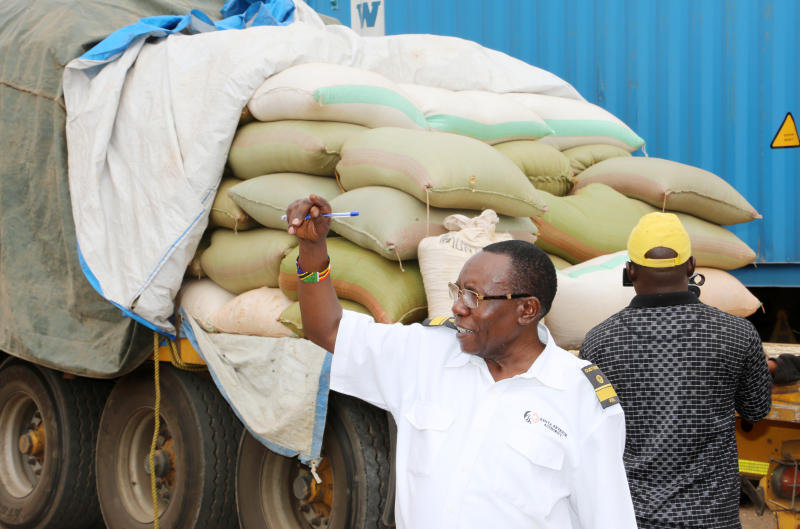×
The Standard e-Paper
Join Thousands Daily

Manufacturers are frustrated by Tanzania’s push-back over duty-free sugar imports after the country slapped a 25 per cent duty on Kenyan goods.
The Kenya Association of Manufacturers (KAM) said Tanzanian authorities’ refusal to comply with the EAC Preferential Treatment Code had barred local goods, causing manufacturers huge losses.